Precise EMG testing that reveals what’s really causing your numbness, tingling, or muscle weakness.
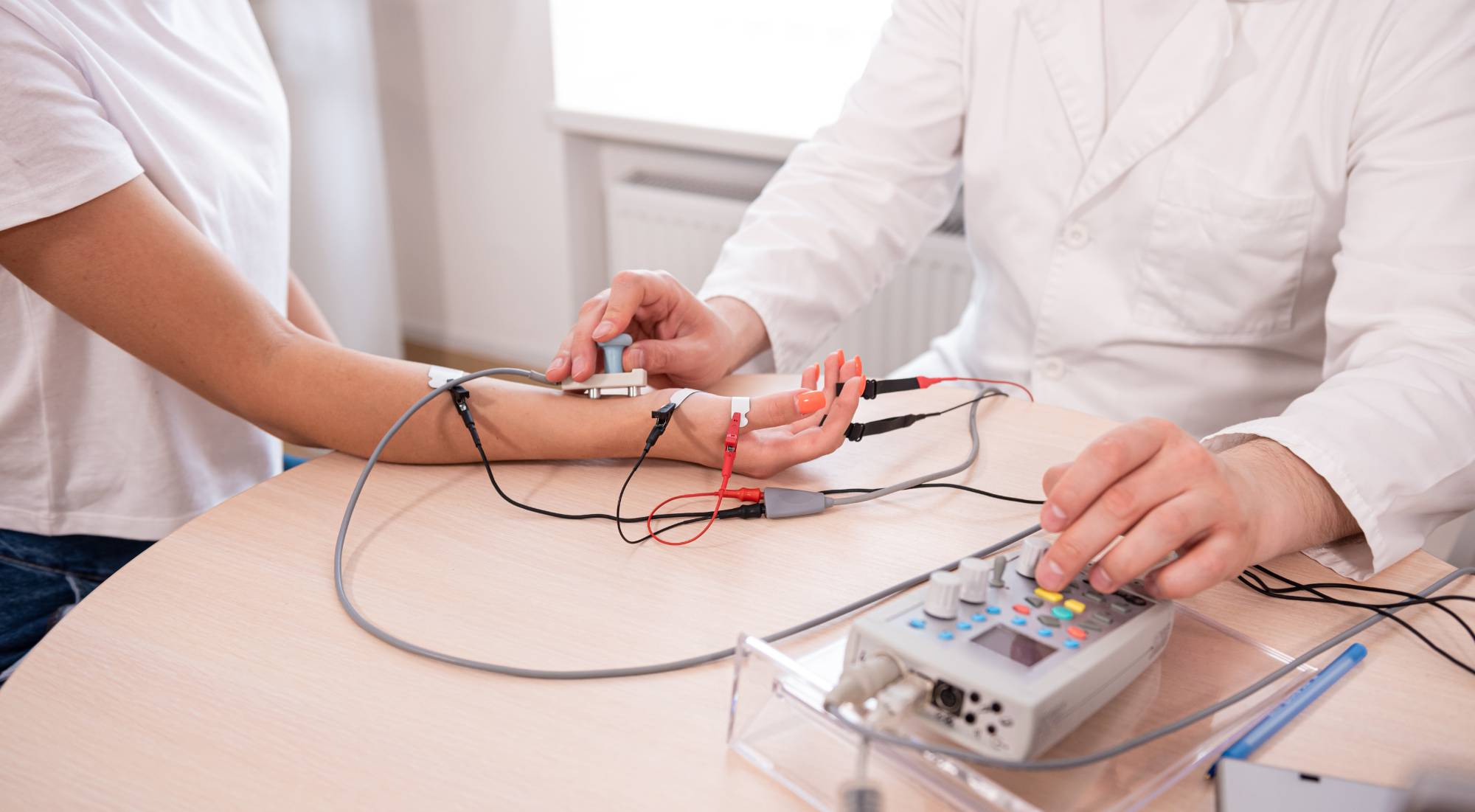
Reviews
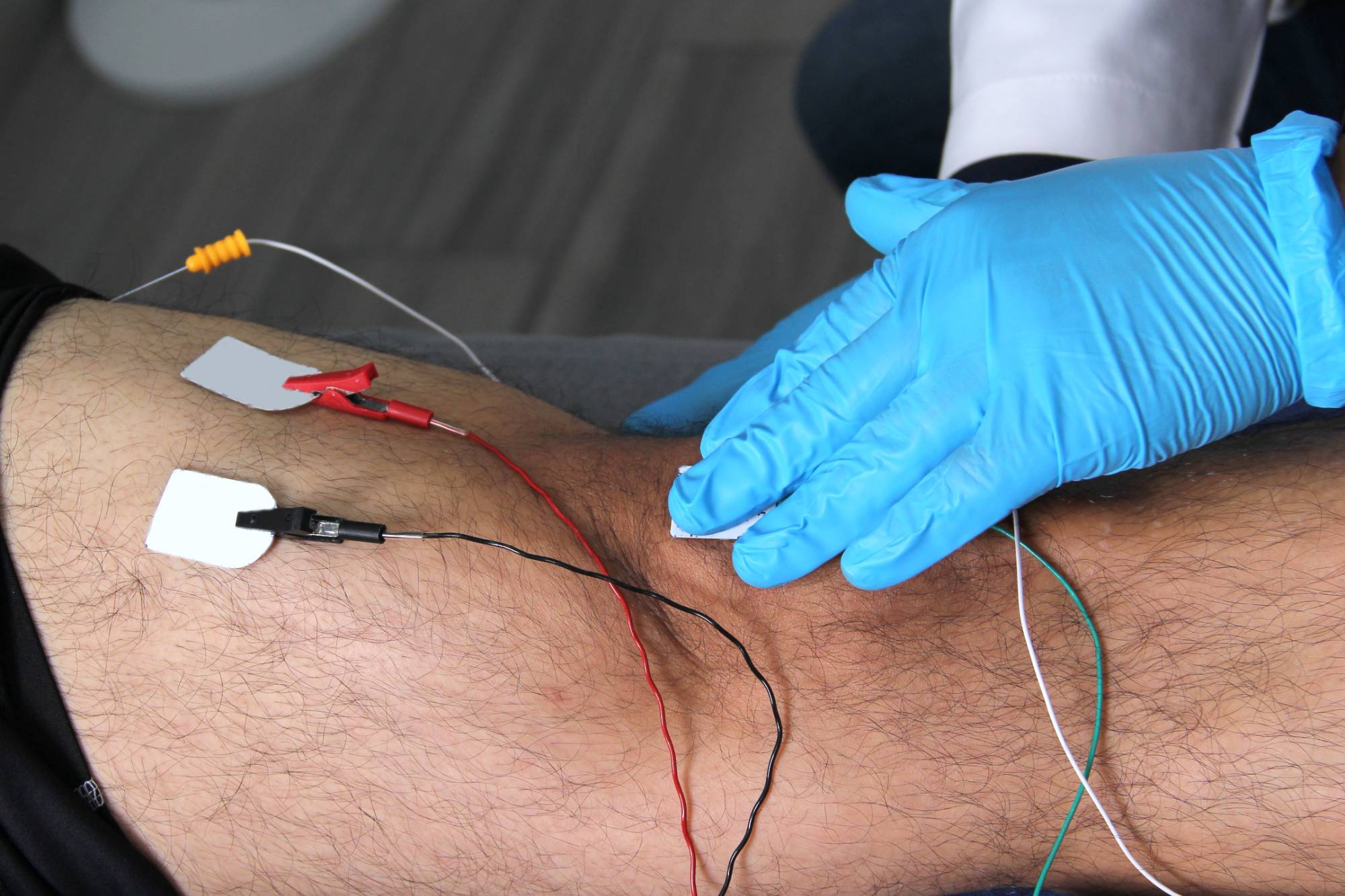
You’ve been dealing with mysterious symptoms long enough. That tingling in your hands that wakes you up at night. The shooting pain down your leg that makes walking difficult. The muscle weakness that’s affecting your daily activities.
EMG testing gives you the diagnostic clarity you need. Instead of guessing about nerve damage or muscle disorders, you get precise measurements that show exactly what’s happening in your body. The test identifies pinched nerves, muscle diseases, and nerve injuries that other tests might miss.
When you know the exact cause of your symptoms, treatment becomes targeted and effective. No more trial-and-error approaches or wondering if your pain is “all in your head.” You get real answers that lead to real solutions.
NY Spine Medicine has been providing comprehensive diagnostic services to South Miami Heights and surrounding communities for years. We focus specifically on spine, nerve, and muscle conditions, which means you’re working with specialists who see cases like yours regularly.
We understand that nerve and muscle problems can be complex and frustrating. We take time to explain your test results clearly and discuss what the findings mean for your treatment options. You’re not just another appointment – you’re someone who deserves answers and effective care.
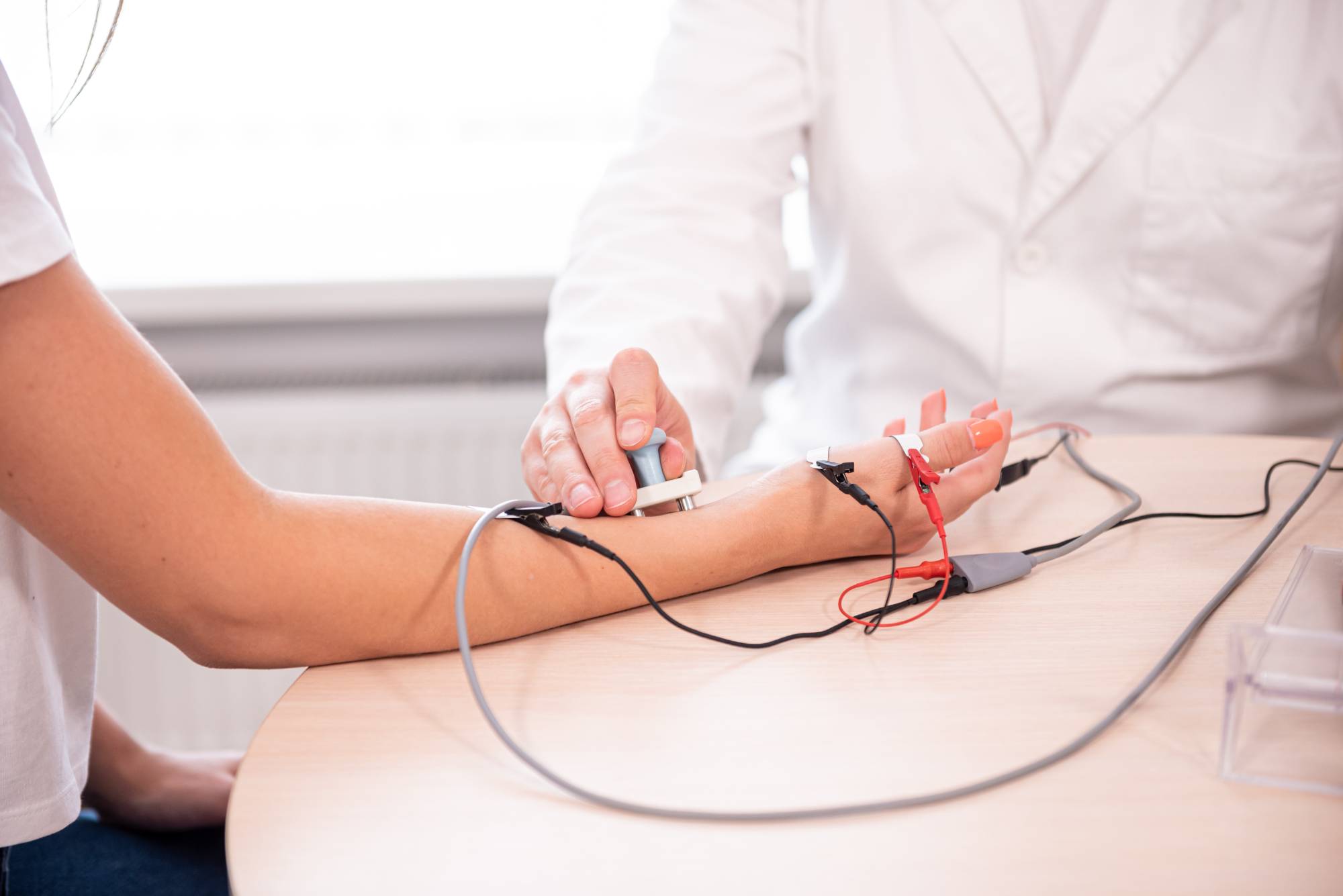
The EMG testing process typically takes 30-60 minutes and involves two parts: nerve conduction studies and electromyography. First, small electrodes are placed on your skin to measure how well your nerves transmit electrical signals. You’ll feel brief, mild electrical pulses – uncomfortable but not painful.
Next, a thin needle electrode is inserted into specific muscles to measure electrical activity. This part might cause slight discomfort, similar to getting blood drawn, but it’s brief and tolerable for most patients. The needle picks up the electrical signals your muscles produce when they contract and relax.
Throughout the test, you’ll see and hear the results in real-time on the monitoring equipment. We explain what we’re finding as we go, so you understand what’s happening. Most patients leave with a clear understanding of their diagnosis and next steps for treatment.
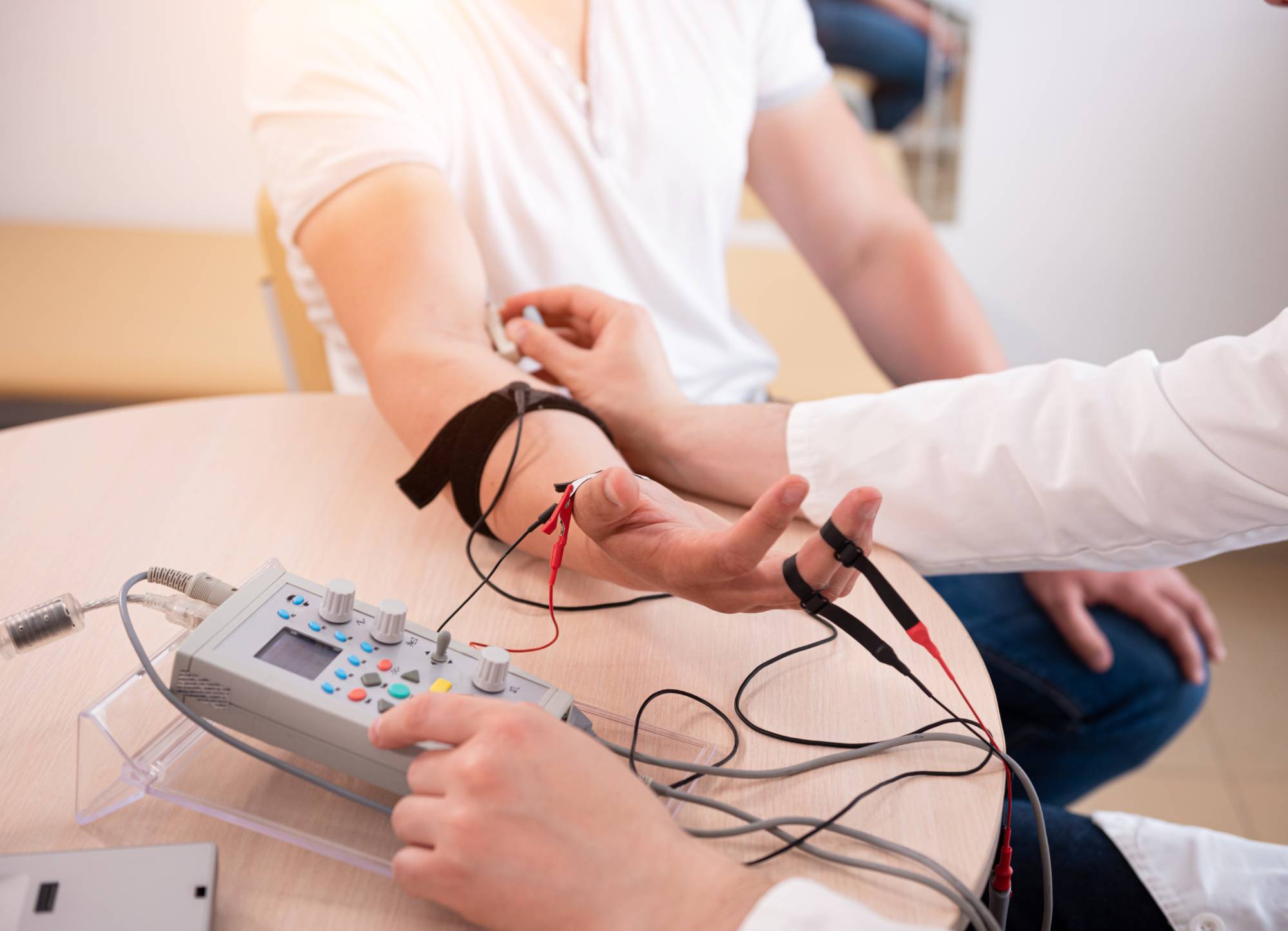
Ready to get started?
Your EMG testing includes both electromyography and nerve conduction studies in one appointment. This comprehensive approach evaluates both your nerves and muscles, giving a complete picture of what’s causing your symptoms. Many conditions affect both systems, so testing both together provides more accurate diagnosis.
The testing can identify carpal tunnel syndrome, ulnar neuropathy, sciatica, diabetic neuropathy, muscle diseases, and nerve root compression from herniated discs. You also receive a detailed explanation of your results, written report for your records, and recommendations for treatment options based on the findings.
We work with most insurance plans and provide transparent pricing for patients paying out-of-pocket. Scheduling is flexible to accommodate work schedules, and same-week appointments are often available for urgent cases.
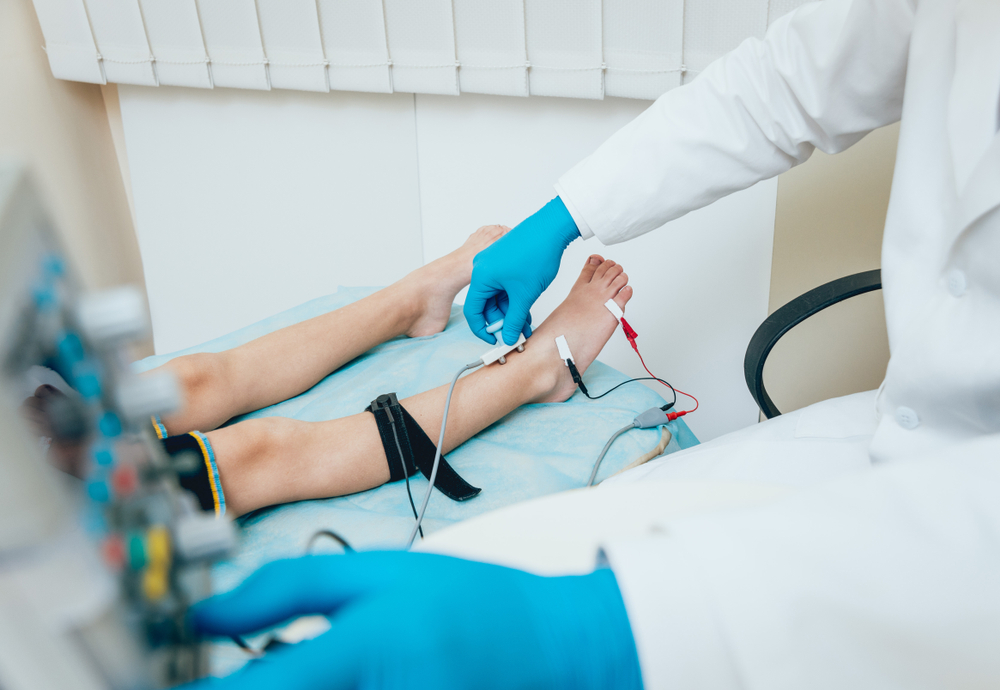
New York:
Florida:
Support